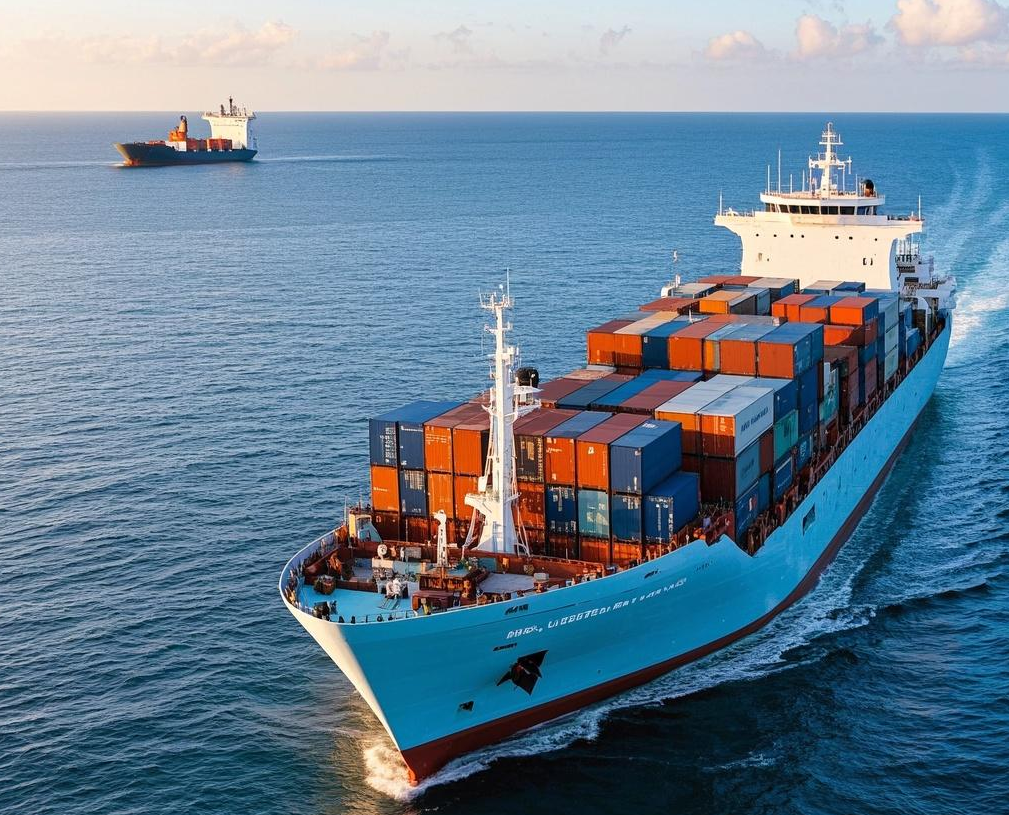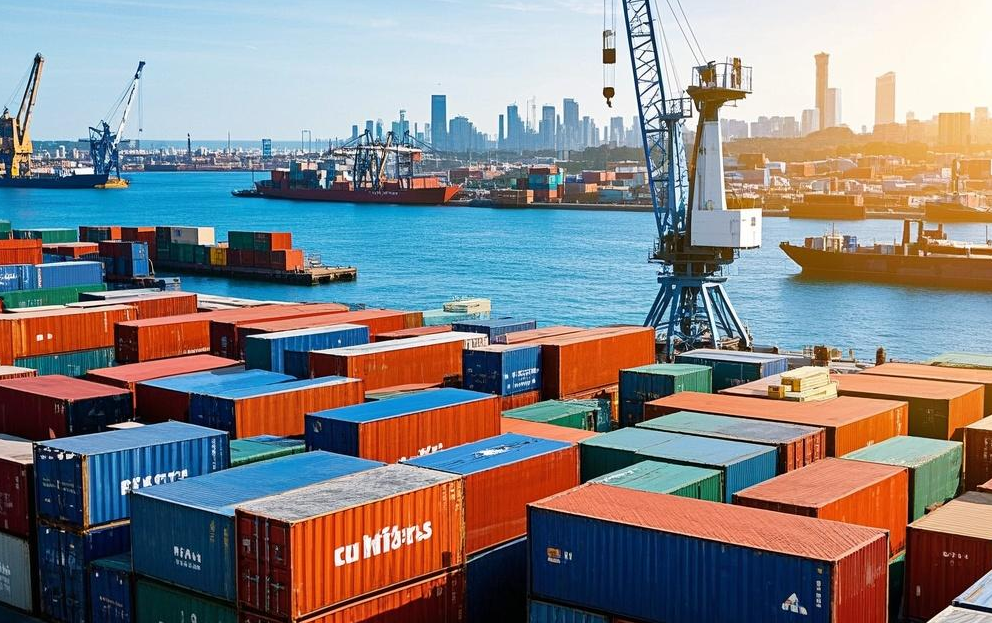NEWS & BLOG
Views: 0 Author: Site Editor Publish Time: 2025-02-25 Origin: Site
In international logistics, direct clients often prefer booking cargo through freight forwarders rather than directly contacting shipping lines. This preference stems from historical industry practices as well as practical considerations related to service efficiency, cost control, and risk management.
I. Role Differences Between Freight Forwarders and Shipping Lines: Service Scope Determines Value Proposition
Core Functions of Shipping Lines
Shipping lines primarily focus on providing vessel capacity, specializing in maritime services such as route planning, slot allocation, and vessel operations. Their service chain is relatively narrow, addressing the "port-to-port" transportation needs but lacking direct support for pre- and post-shipment processes like land transport, customs clearance, and warehousing.
Freight Forwarders’ Integration Capabilities
Freight forwarders act as intermediaries and resource integrators in the logistics chain. By collaborating with multiple shipping lines, they can match clients with optimal routes, slots, and pricing while offering end-to-end services, including booking, customs clearance, insurance, warehousing, and inland transportation. For direct clients, freight forwarders serve as "logistics managers," significantly reducing the complexity of coordinating multiple processes.

II. Five Key Reasons Direct Clients Choose Freight Forwarders
Integrated Services: A One-Stop Solution
International logistics involves multiple stages, such as ocean and land transport, customs clearance, documentation, and tariff payments. Directly dealing with shipping lines requires clients to coordinate with other service providers, which is time-consuming and prone to errors. Freight forwarders streamline the process by offering a single point of contact, ideal for small-to-medium enterprises (SMEs) or businesses unfamiliar with logistics.
Example: A furniture exporter working directly with a shipping line would need to arrange trucking, customs brokers, and destination port agents separately. A freight forwarder, however, can manage everything from factory pickup to overseas warehouse delivery.
Price Flexibility and Negotiation Advantages
Freight forwarders often secure better rates through long-term partnerships and consolidated cargo volumes. SMEs, with smaller and less frequent shipments, typically lack the bargaining power to negotiate favorable rates directly with shipping lines. Additionally, forwarders can optimize costs through solutions like LCL (Less than Container Load) shipments.
Slot Guarantees and Emergency Handling
During peak seasons or when space is tight, shipping lines prioritize large clients and long-term freight forwarders. Direct clients may face limited availability or sudden price hikes. Freight forwarders, with their extensive networks, can secure slots and provide alternative solutions in emergencies, such as port omissions or rollovers.
Expertise and Risk Mitigation
International shipping involves complex regulations, including trade terms, document compliance (e.g., bills of lading, certificates of origin), and special cargo handling (e.g., hazardous goods, refrigerated items). Freight forwarders’ experienced teams help mitigate risks. For instance, if cargo is detained due to documentation errors, the forwarder bears the responsibility, whereas direct clients assume all risks themselves.

III. When Should Direct Clients Contact Shipping Lines Directly?
Large-Volume Clients
Manufacturers or traders with annual shipments reaching thousands of TEUs can negotiate long-term contracts with shipping lines, securing slots and rates, or even customizing dedicated routes. Example: Walmart.
Industries with High Supply Chain Control Requirements
Industries like automotive or precision instruments may maintain in-house logistics teams to ensure timely and secure transportation. Example: BYD.